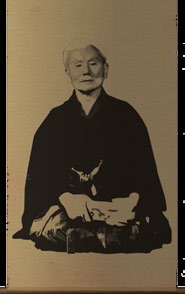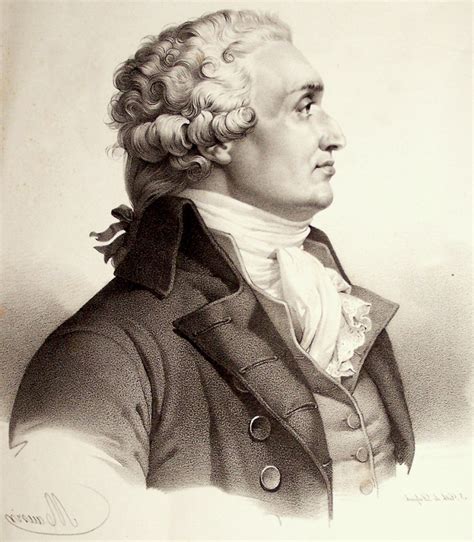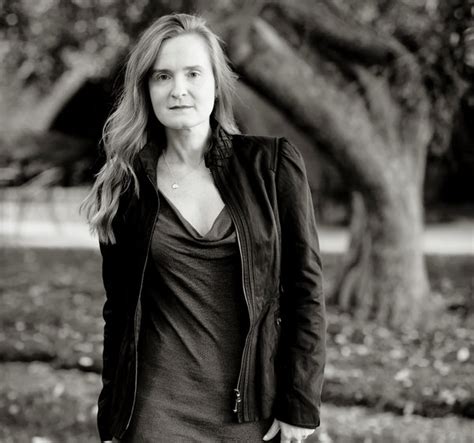A Quote by Richard Paul Evans
I think the secret to a hoppy life is a selective memory. Remember what you are most grateful for and quickly forget what your not.
Related Quotes
The question is grateful to who? You would think grateful to Allah, but Allah didn’t mention Himself. So it could be grateful to Allah, grateful to your parents, grateful to your teachers, grateful for your health, grateful to friends. Grateful to anyone who’s done anything for you. Grateful to your employer for giving you a job. Appreciative. Grateful is not just an act of saying Alhamdulilah. Grateful is an attitude, it’s a lifestyle, it’s a way of thinking. You’re constantly grateful.
Enjoy your own life without comparing it with that of another for there will always be others whose lives on the face of it appear better. However just remember and focus on the fact that your life could be much worse and be grateful it isn't. No matter what others or even you may briefly think you are lucky things aren't worse so be grateful.
Keeping a slow hunch alive poses challenges on multiple scales. For starters, you have to preserve the hunch in your own memory, in the dense network of your neurons. Most slow hunches pass in and out of our memory too quickly, precisely because they possess a certain murkiness. You get a feeling that there's an interesting avenue to explore, a problem that might lead you to a solution, but then you get distracted by more pressing matters and the hunch disappears. So part of the secret of hunch cultivation is simple: write everything down.



































